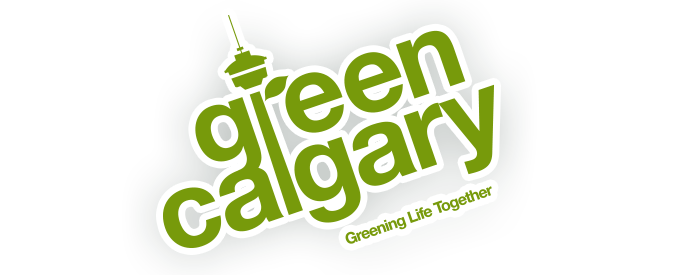Energy Efficiency Tip Sheet
Posted on August 16, 2024
No Cost- Tips
Use an indoor drying rack or an outdoor clothesline instead of a clothes dryer.
Use the sensory option on your clothes dryer instead of the timer (this also helps reduce static).
Air dry your dishes instead of using the heat dry option on your dishwasher.
Unplug or turn off electronics when not in use to eliminate phantom power costs. This can be done easier by putting several items on a power-bar and shut down the power bar.
Turn off pilot lights seasonally on gas fireplaces and furnaces.
Use ceiling fans to cool rooms in the summer (spin the blades counter-clockwise) or move the warm air down in the winter-time (spin the blades clockwise) Switch off lights when room is not occupied Use your curtains (thermal lined are best) to help insulate the windows from heat or cold transfer. Open curtains in the daytime during the winter months to allow the passive heat to enter your home and close them in the summer to deflect the heat. Close the curtains at night.
Use vacation mode on your hot water tank if leaving the house for 2 or more days
Low Cost - Tips
Switch to an Alberta green energy provider to support the generation of renewable energy.
Upgrade to energy efficient lighting – LED light bulbs.
Install a programmable thermostat and turn down the heat when sleeping.
Install foam gaskets over your electrical outlets and light switches on external walls.
Install plastic window film on your older windows to improve the thermal resistance.
Replace weather stripping and door thresholds and caulking to stop drafts around your doors and windows.
Seal air duct joints with foil tape to improve efficiency and stop air leaks.
Install insulation on attic door hatch and insulating tape along the edges.
Seal up wood fireplaces with insulation or chimney balloons to reduce heat loss.
Replace you furnace filters every 1-2 months – pleated filters are the best.
Use vacation mode on your hot water tank if leaving the house for 2-days or more.
Insulate the first few feet of copper pipe coming from your hot water tank; turn tank heat down to reduce gas use and prevent scolding.
Investment
Replace broken appliances with Energy Star rated models.
Hire an expert to insulate your attic, basement, and crawl spaces.
Sign up to have an EnerGuide Home Energy Audit to help prioritize your energy efficiency home improvements.
Look for grants and other funding options.
Did you know
67% of our electricity in Alberta is generated from fossil fuels.
Only 7% comes from coal and many coal mines are decommissioned. A good move as coal generates high levels of CO2 and methane that are linked to health concerns. Coal mining is incredibly destructive to the environment.
20% of our power comes from wind • 8% of our power is generated with solar power.
Conserving energy is not only good for our environment, it also helps save on utility costs.
The most significant energy use in our homes come from heating and cooling. Sealing up you home saves $$$$ and the environment.
Average Home usage in 2023.
Natural Gas Average monthly usage – 10 Gigajoules
Electricity average monthly usage – 600 Kilowatt hours.
Heating and cooling are by far the greatest energy users in the home, making up around 40% of your utility bills. Other big users are washers, dryers, ovens, and stoves.
